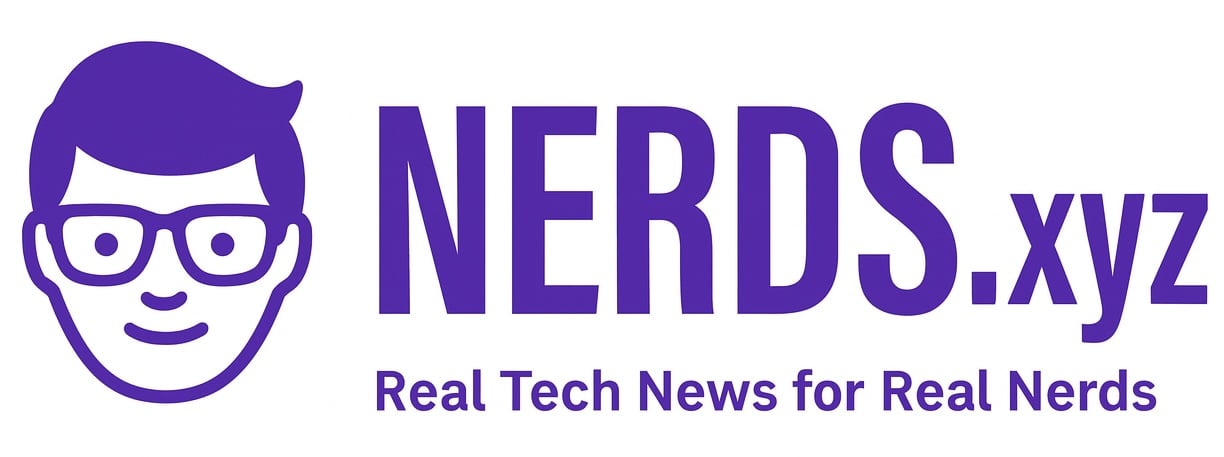
Google has released its Zero Knowledge Proof library under an open source license, giving developers, governments, and businesses a new tool to build privacy respecting digital ID and age verification systems. This move supports the company’s ongoing partnership with Sparkasse and aligns with the European Union’s upcoming eIDAS regulation.
That regulation, set to take effect in 2026, encourages the use of privacy enhancing technologies like ZKP in the European Digital Identity Wallet. By making its ZKP implementation publicly available, Google hopes to help accelerate adoption across the EU and beyond.
Zero Knowledge Proofs let people prove something about themselves (such as being over 18) without revealing any other personal details. The technology can be used in online services that require age or identity checks, without forcing users to hand over documents or other private information.
The ZKP codebase is now live on GitHub at https://github.com/google/longfellow-zk. It’s designed for performance and efficiency, and Google says it can serve as a foundation for privacy-first applications. The goal is to support both private sector innovation and public sector compliance with new privacy standards.
Developers can use the codebase to build secure apps. Researchers can explore new ways to use ZKP for authentication or privacy protection. And businesses can meet regulatory requirements without building complex cryptographic solutions from scratch.
The open source release comes at a time when governments around the world are tightening regulations around data privacy and identity verification. Google’s move gives the broader tech community a vetted tool to meet these demands without compromising user privacy.
While some folks are likely to remain skeptical of Google’s broader intentions, this release provides real value to developers and policymakers looking for practical privacy solutions.


